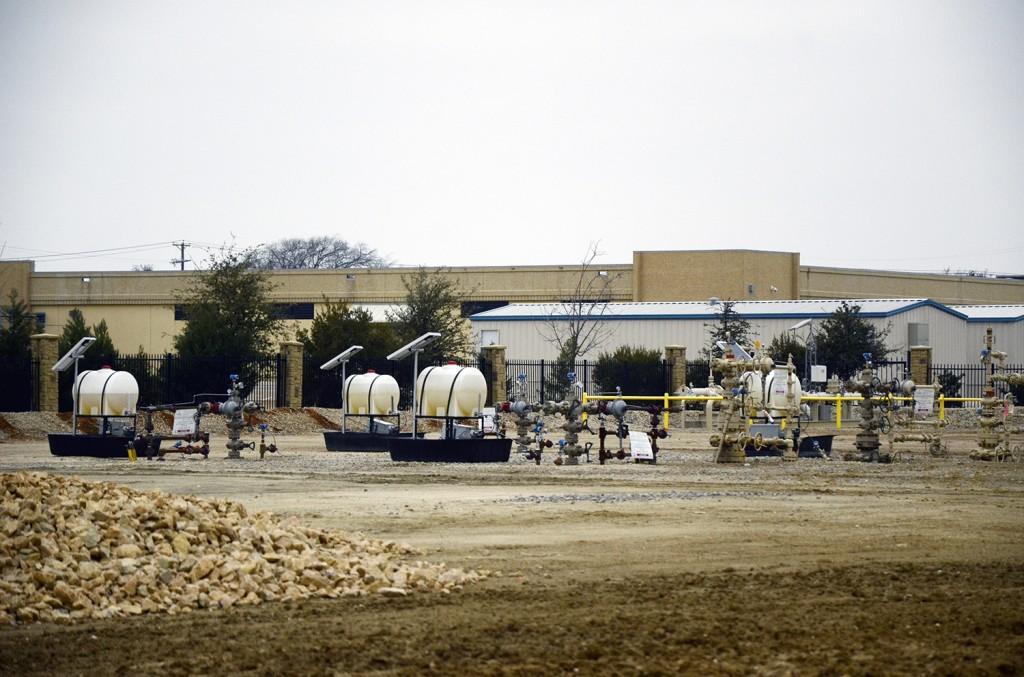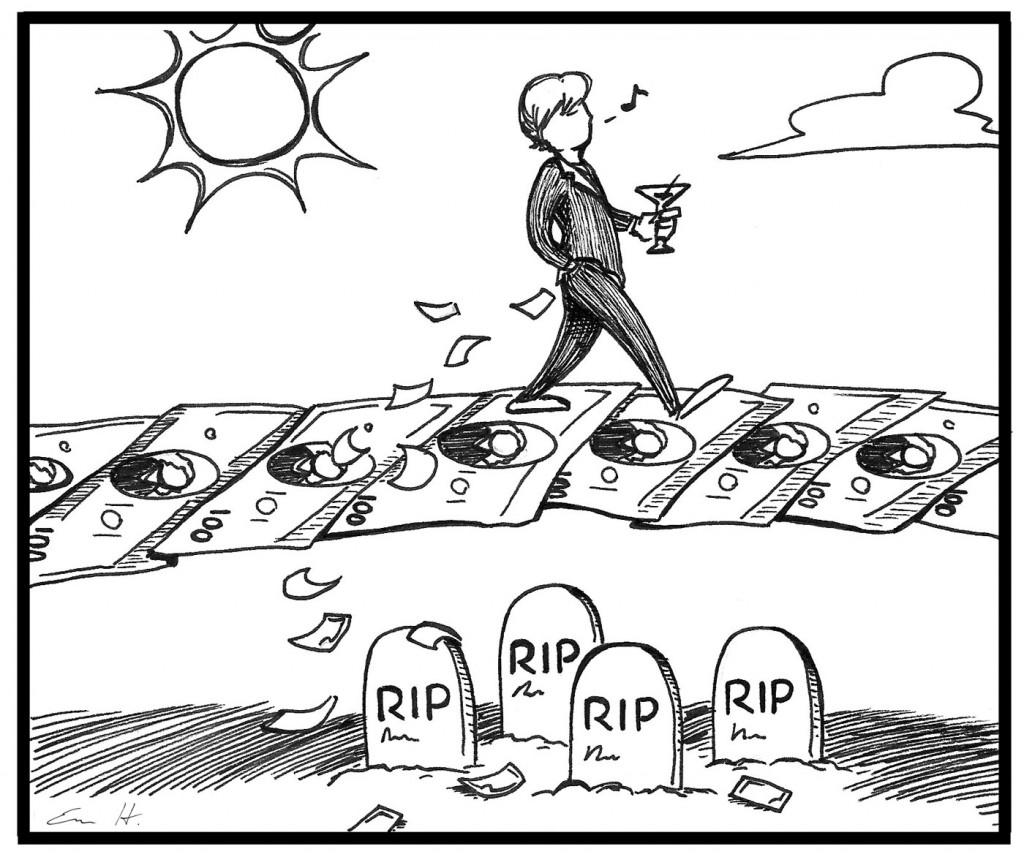By Yesenia Santillan/reporter
The NW Campus powerplant maintenance certificate program is for students who want to pursue a career in aviation maintenance.
To enter the program, students first have to contact the aviation department since the program is recommended for those who already have a Federal Aviation Administration airframe license.
Students first take introductory courses that focus on the history of aviation as well as FAA-required areas such as maintenance record entries, basic knowledge on weighing aircraft and the performance of the weight and balance calculations.
TCC graduate Jimmy Fongers said the program offered knowledge on the different aspects of aviation maintenance. After graduation, Fongers went to work for Pratt and Whitney, a company that designs, manufactures and services aircraft engines.
“For the job, my education taught me how the majority of most systems work, how to solve problems, use the books to fix the aircraft properly,” he said. “Really, this list could go on and on and on.”
Near the end of the program, powerplant maintenance students are required to take the FAA’s oral and practical exams that cover material over the understanding of aircraft engine inspection, turbine engines and systems such as lubrications, fuel metering, ignition and others.
“The pass rate is about 80 percent first try and 98 percent overall pass [for] the FAA certification testing,” said aviation director Joseph McCourt.
According to the FAA’s website, applicants who already have a certificate and pass the oral and practical exams are exempt from taking their knowledge and skills test as long as they show proof of completion and passing grades for exams.
Fongers said he received “a lot of knowledge on where to look [for a job]” from aviation department staff members.
When students look into the program, the cost may come as a surprise to some. The program cost totals about $5,000 for tuition, books and supplies.
McCourt said the cost of the program is the same as other aviation programs, but this program “requires a toolbox.” Therefore, the total cost is higher.
Although some might ask if it is worth the money, Fongers said the cost is considered “cheap” for the amount of “staff knowledge and facilities available” in the program.
“I could not say enough about the staff,” he said. “I still keep in touch when I come back home from time to time. I would recommend students who have a great interest in flight, mechanics or avionics to this program. We need the best we can get for the safety of flight. Absolutely, the first thought any mechanic has to have is safety.”
Fongers said the faculty is excellent.
“You can tell aviation is definitely a part of their [staff] lives,” he said. “And they share if you show interest.”
Students interested in the powerplant maintenance certificate program can get more information from the aviation department on NW Campus by emailing McCourt at joseph.mccourt@tccd.edu.




























